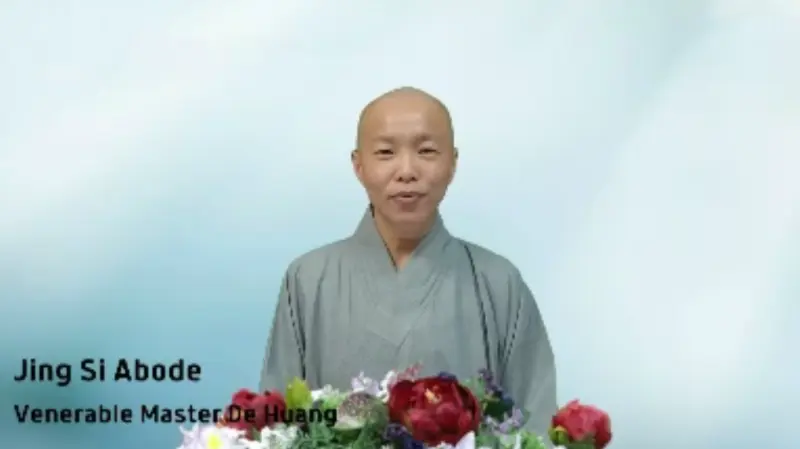Rising sea levels, increased frequency of flooding, dangerous storms, landslides, heat waves, droughts, coral bleaching, and ocean acidification — these are the consequences of global climate change that I’d been taught about in school since primary level. However, I never learned that we, humans, are actually the ones who are inflicting this harm onto Mother Earth and to the other human beings we share this planet with.
Without knowing the causes and the respective consequences of climate change, the fatalities reported from these natural disasters were once only numbers to me. I soon realized, however, that the communities that end up suffering the most due to these catastrophes brought forth by climate change were usually not the ones contributing to its chief causes, such as overwhelming greenhouse gas emissions.
So, who should be held responsible for the economic and social ramifications, and for the lives tragically lost? The answer, at its core, is us. It is ultimately the unsustainable lifestyle choices of humanity and the irresponsible patterns of consumption that can directly or indirectly exacerbate the negative impacts of climate change.
But if we are the cause, that means we can be the solution, too.
So, how do we do it? How can we bring about positive change? It can actually be as simple as throwing rubbish into a trash bin instead of the side of the road. We just need to begin with ourselves. We can start with the daily habits and personal behaviours that we are able to control.
Inspired by an organization that I have been volunteering with since I was 15 — the Buddhist Tzu Chi Foundation — I’ve learned that everyone is capable of making an impact and can contribute to positive climate action and environmental protection. Reducing our carbon footprint is one thing that everyone can do in their own way through the reduction or elimination of meat consumption, the use of public transportation, and the conservation of energy and natural resources.
When we stop consuming in excess, the private sectors will stop producing in excess; when more people stop eating meat, there will be less meat in demand, therefore, reducing the need for factory farming, and making way for more plant-based, environmentally friendly, and sustainable choices to be introduced and invested in. When people overwhelmingly express a preference for renewable energy over the burning of fossil fuels, there will be more investments and developments in renewable energy.
Perhaps these actions might seem small or improbable to some with the threat of climate change ever-looming on the horizon, but we should not overlook the tremendous impact that such changes can set in motion.
If each one of us is like a droplet of water, when we act together, we can create an ocean of change that creates ripple effects across the globe. We each must realise that the power to change and to decide to be better is in our hands; unified, we can shape the future we want, and the future that we would like to save and help flourish for future generations.
The race against climate change is not so much about what difference one single person can do alone as it is about the whole global community coming together to act, and to be the change that we want to see in the world.
Press Conference: Buddhist Path to Carbon Neutrality
Nov 2, 2021 2:00 PM GMT: Buddhist Tzu Chi Foundation, with 55 years of experience in Humanitarian Aid and Assistance, has witnessed first-hand a worsening trend of tropical storms, droughts, famines, floods, and other climate-related disasters. At 1.2 C above preindustrial age, the devastating effects of climate change are very real, and each year grows worse and worse.
In recognition of the crisis we face, Tzu Chi shares a faith-based approach to missions of Charity, Medicine, Education, and Humanistic Culture in addressing the climate crisis and commits to a pathway to carbon neutrality by 2050.
Speakers
• Debra Boudreaux, Executive Vice President, Buddhist Tzu Chi Foundation USA
• Dr. Chi-Ming Peng, CEO, WeatherRisk Explore, Inc.
• Dr. Ming-nan Lin, Vice Superintendent, Dalin Tzu Chi General Hospital
• Shih De Huang, Dharma Master, Jingsi Abode
Source
Image Source
Tags: Buddhist Path to Carbon Neutrality, Buddhist Tzu Chi Foundation USA


